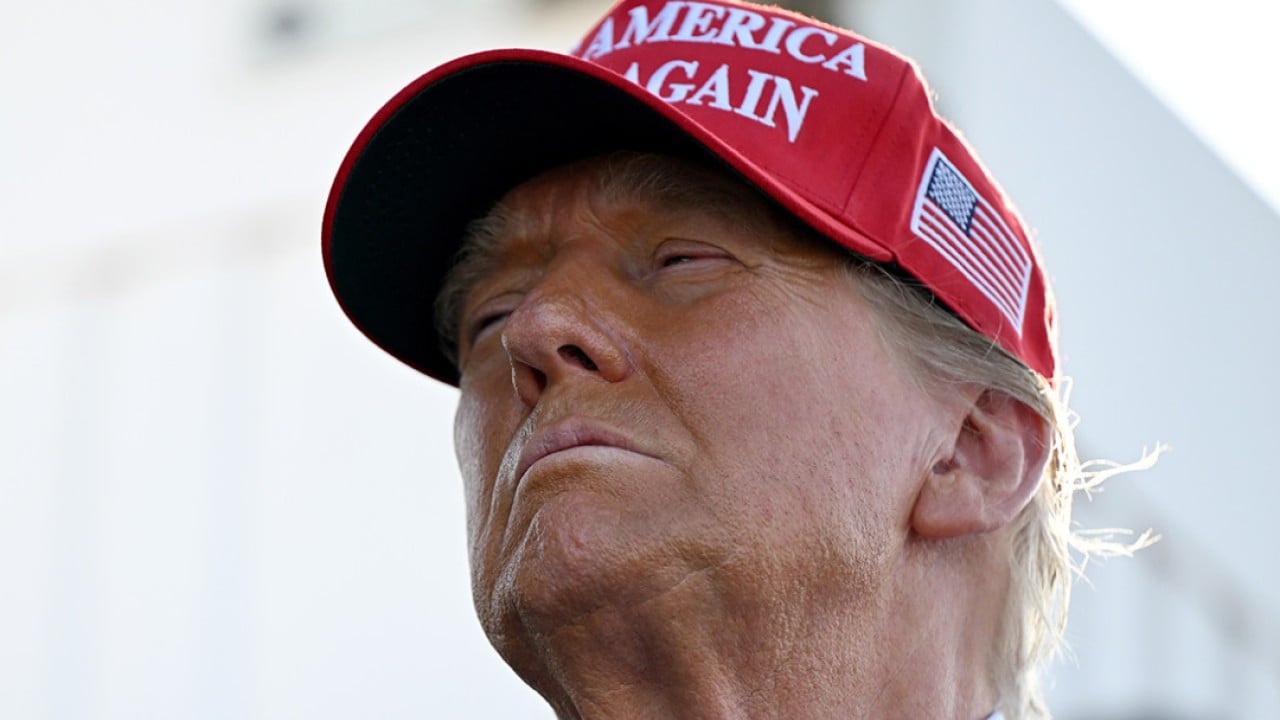Donald Trump ran on a return to his “America First” foreign policy platform. The US, he said, could no longer afford to be the world’s policeman. On his watch, he pledged, there would be no new wars.
Advertisement
But since winning a second term, the president-elect has been embracing a new imperialist agenda, threatening to seize the Panama Canal and Greenland – perhaps by military force – and saying he will use economic coercion to pressure Canada to become the nation’s 51st state.
“Canada and the United States, that would really be something. You get rid of that artificially drawn line, and you take a look at what that looks like, and it would also be much better for national security,” Trump said of the world’s longest international border and the US’s second-largest trade partner.
Such talk of undermining sovereign borders and using military force against allies and fellow Nato members – even if said lightly – marks a stunning departure from decades-old norms about territorial integrity. And it is rhetoric that analysts say could embolden America’s enemies by suggesting the US is now OK with countries using force to redraw borders at a time when Russia is pressing forward with its invasion of Ukraine and mainland China is threatening Taiwan, which it claims as its own territory.
“If I’m Vladimir Putin or Xi Jinping, this is music to my ears,” said John Bolton, Trump’s former national security adviser-turned-critic, who also served as ambassador to the United Nations.
Advertisement
Trump’s language, reflecting a 19th century world view that defined European colonial powers, comes as international allies were already grappling with the implications of his return to the world stage.

